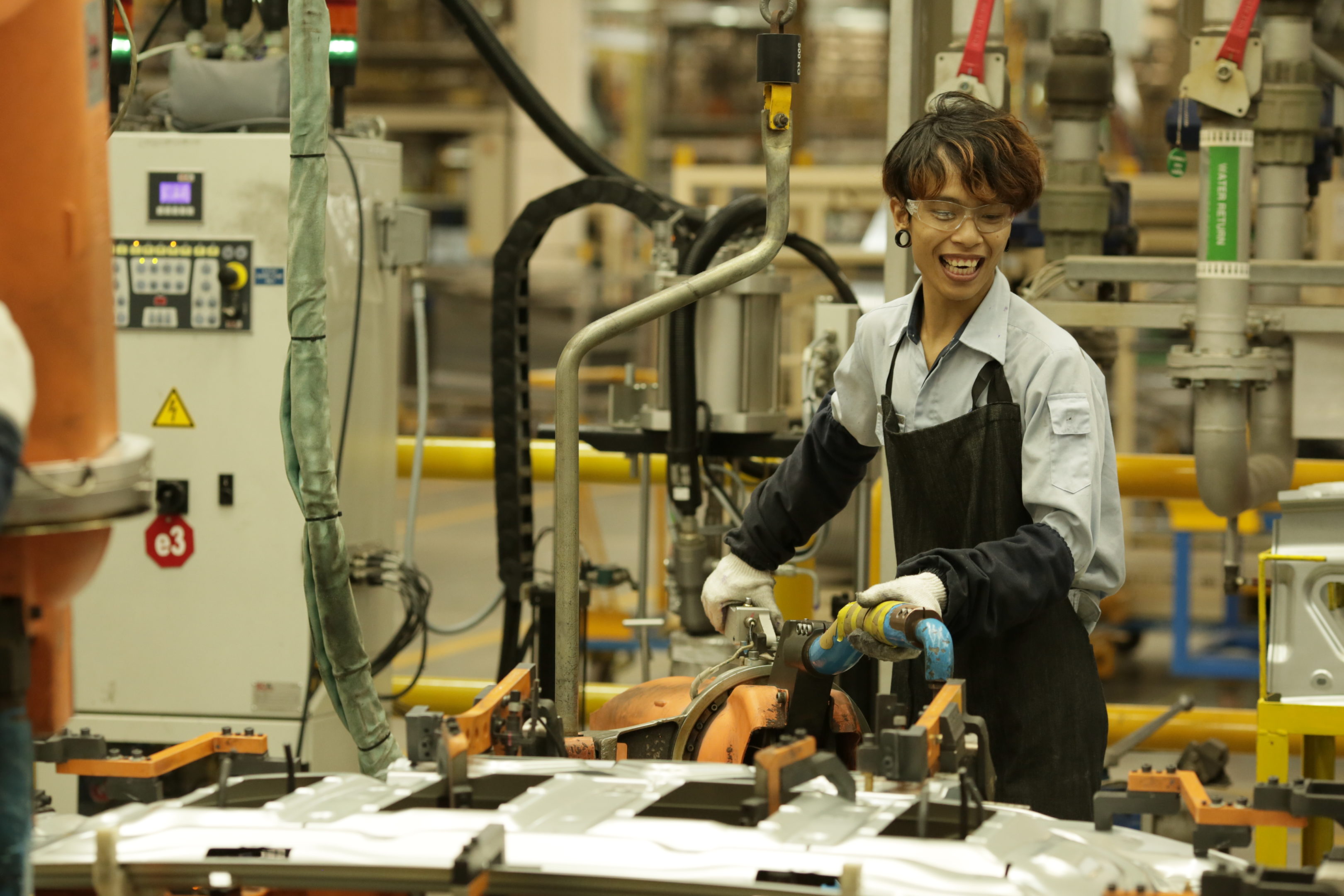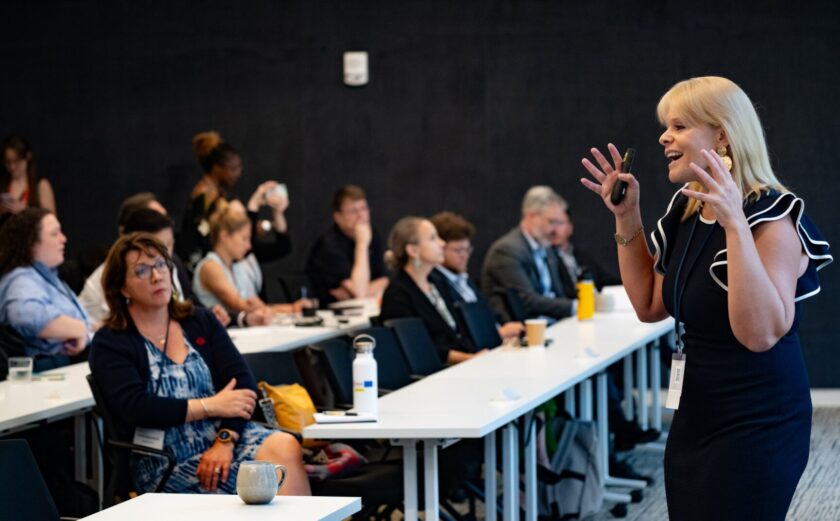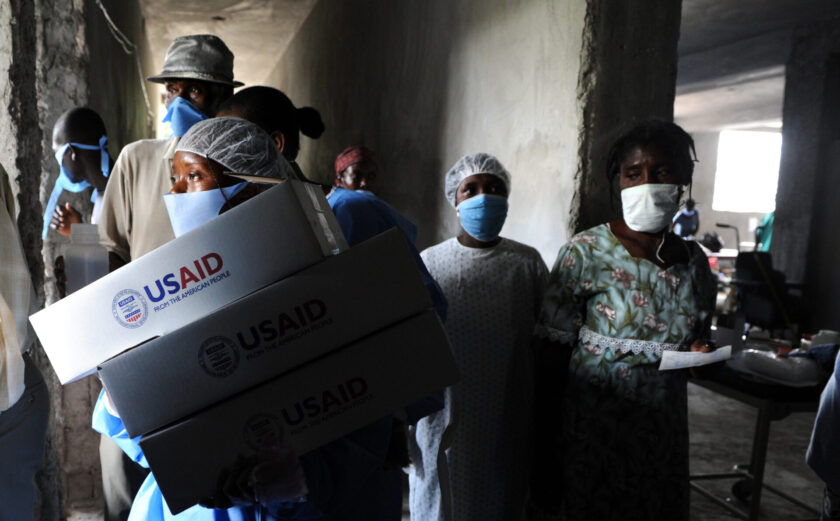
Thai Unions Coordinate, Collaborate for Success
After working several years at an auto parts factory outside Bangkok, Prasit Prasopsuk compared conditions at his workplace with those of a friend employed at a similar plant—and realized his wages were lower and working conditions worse because there was no union representation.
The conversation spurred Prasopsuk to action, and he went on to organize a union in 2007, starting with 200 co-workers whose numbers grew to 1,700 in two years. Now, a 16-year veteran at the factory, where he makes ball bearings, Prasopsuk is treasurer of the 40,000-member Federation of Thailand Auto Workers Union (TAW) and vice president of Thailand Autoparts and Metal Workers Union (TAM), a TAW affiliate. Both unions are part of the Thai Confederation of Electronic, Electrical Appliances, Auto and Metal Workers (TEAM).
Despite his success, Prasopsuk says it is “very difficult” to get workers to form unions in Thailand. Employers dismiss workers they suspect of organizing a union—even though it is against the law—and wield a gamut of other tactics, including forming company unions and taking legal action against workers and unions for such issues as derogatory statements on social media.
Some 525,000 workers are employed in auto parts factories in Thailand, which is the world’s twelfth-largest automobile producer in the world. The country also is a leading producer of hard disk drives, making it a major exporter of high-value goods. Most industrial factories are owned by multinational corporations, and steep competition from emerging low-wage Asian countries like Vietnam drives factory owners’ relentless efforts to cut costs by targeting workers. Some companies are moving factories to other Southeast Asian countries with lower wages. Meanwhile, the government’s stepped up efforts to privatize key sectors is resulting in layoffs and wage cuts.
To meet these challenges, unions representing manufacturing workers and public employees have joined forces in a tightly-knit network in which they regularly meet to discuss organizing campaigns and legal battles and plan for coordinated actions around issues like raising the minimum wage. Through the Thai Labor Solidarity Committee (TLSC) and Organizing Labor Union Committee, unions also engage in long-term planning around issues such as boosting organizing capacity, expanding outreach to both formal and informal economy workers, and advancing a democratic labor movement in the face of company unions.
Read the full blog at www.solidaritycenter.org








